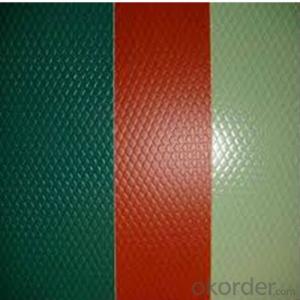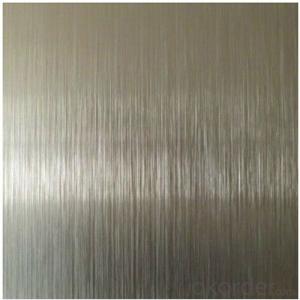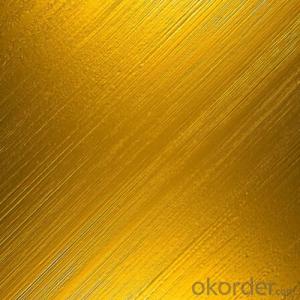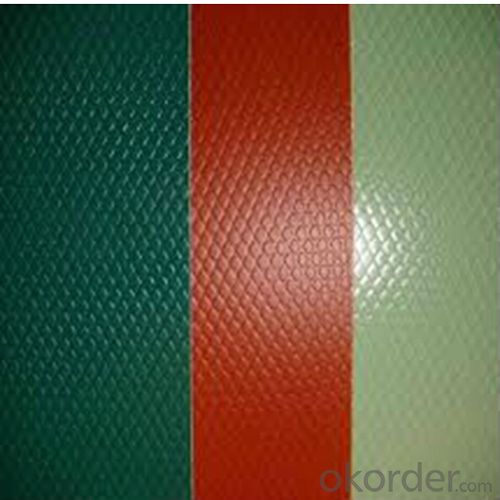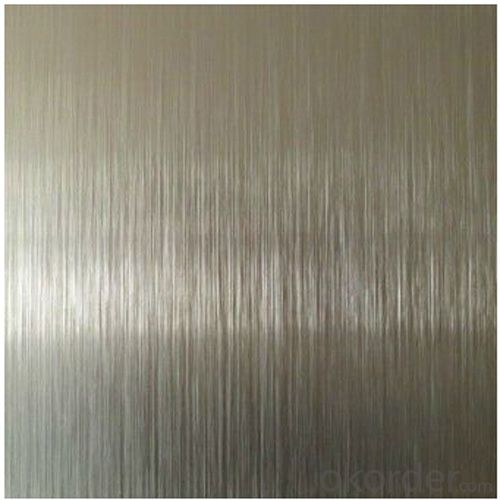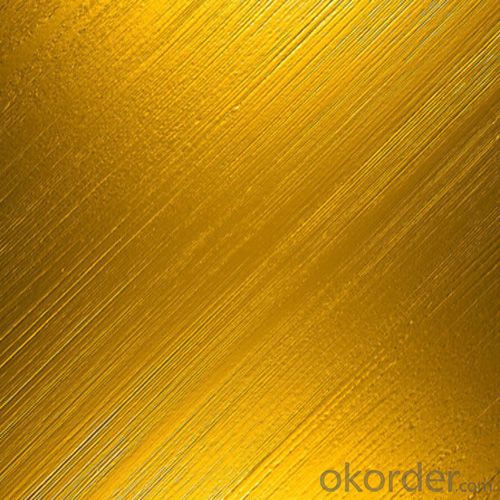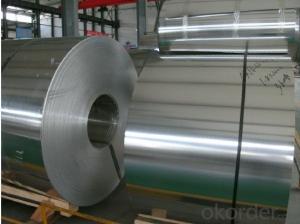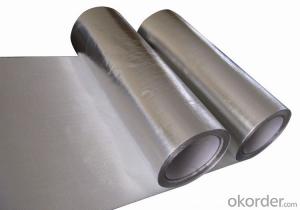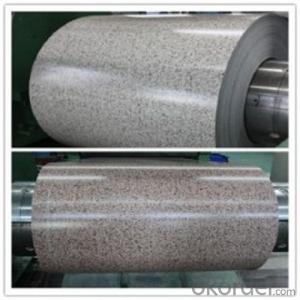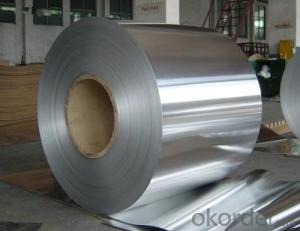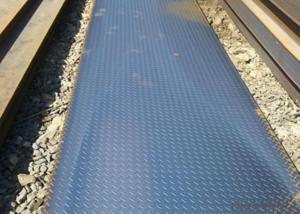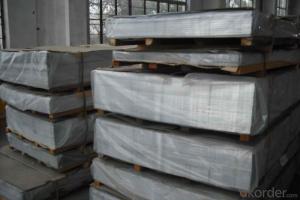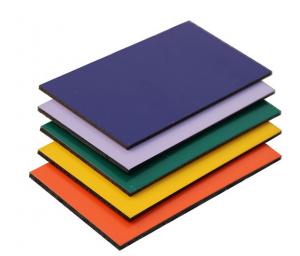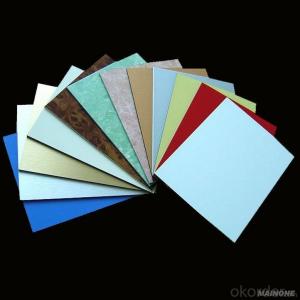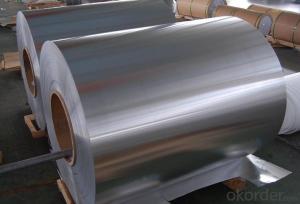Gpc143041 All Aluminum Coil Aluminium Composite Panel ACP Sheet with Best Price
- Loading Port:
- Shanghai
- Payment Terms:
- TT OR LC
- Min Order Qty:
- 5 m.t
- Supply Capability:
- 10000 m.t/month
OKorder Service Pledge
OKorder Financial Service
You Might Also Like
Specification
1.Structure of Aluminium Composite Panel ACP Sheet Description:
The substrates of composite materials are sheets, strips and foils of aluminum alloy. The raw material is aluminum sheet, strip, and foil. One side compund 50-200um special polymer materials, such as Polysurlyn; the other side is coated with 5-15um epoxy or polyester or fluorocarbon coatings. The back side coating is always the protective paint, and the obverse side can compound another PE protective coating.It's non-Heat treatable aluminum alloy with good corrosion resistance, good machinability, good electric arc welding performance,beautiful surface after anodic treatment.Commonly used in aviation,shipping field,also extensive used in the conventional industry,such as cars,planes,welding pieces,Metro and light rail,need strict fireproof pressure vessel,such as liquid tankers,refrigerated trucks, refrigerated container,refrigeration equipment,television tower,drilling equipment,transportation equipment,missile parts,armor,etc.
2.Main Features of Aluminium Composite Panel ACP Sheet :
Good Corrosion Resistance
Good Machinability
High Quality
Competitive Price
3. Aluminium Composite Panel ACP Sheet Images:
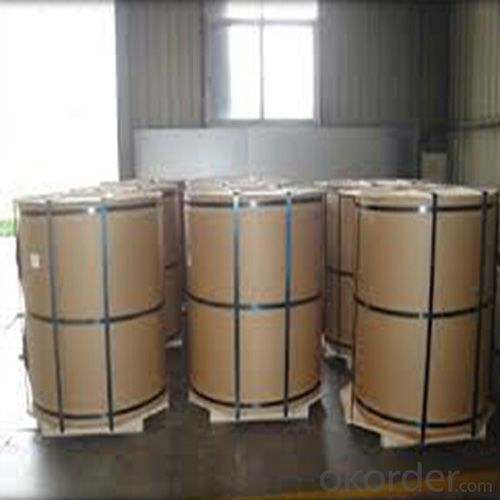
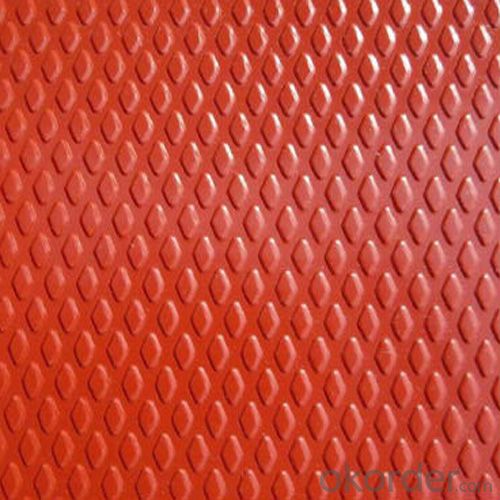
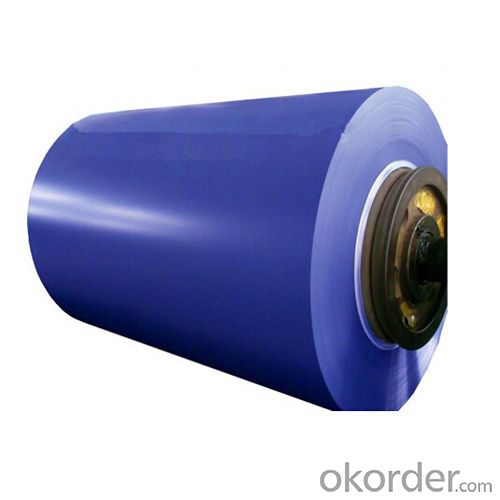
4. Aluminium Composite Panel ACP Sheet Specification:
Product Name | Thickness | Width(mm) | Length(mm) | Application |
Aluminium Coil | 0.1-6.0mm | 15-1500 | - | Aerospace, mould, instruments and meters, chemical industry, construction, packaging, anti-corrosion,insulation, air conditioning and other industries. |
Aluminium Sheet | 0.1-6.0mm | 100-2000 | 100-6000 | Solar energy, refrigerators, transport, electronics, electrical appliances, curtain wall, logos, signs and other industries. |
Aluminium Checkered Sheet | 0.3-3.0mm | Max.1200 | customized | Solar energy, water heaters, refrigerators, freezers |
Aluminium Corrugated Sheet | 0.3-3.0mm | 820-1067 | customized | Thermal power plants, chemical plants such as anti-corrosion,insulation |
Cable Foil/Coil | 0.2-0.7mm | 15-1500 | - | Wire and cable manufacturing industry |
Insulation Aluminium Coil | 0.5-3.0mm | 15-1500 | - | Desulfurization, car outside cover, wall body and roof cover. |
Air Conditioner Foil | 0.08-0.20mm | 15-1500 | - | Air conditioners, refrigerators, freezers and other radiator fin stock. |
Hydrophilic Foil | 0.08-0.20mm | 15-1000 | - | Air conditioners, refrigerators, freezers and other radiator fin stock. |
PS Sheet (aluminium Coil) | 0.3-1.0mm | 15-1500 | - | Graphic Arts |
Curtain Wall Panel (Aluminium Sheet) | 0.6-3.0mm | 100-2000 | 100-6000 | Building decoration, construction decoration |
Non-slip Aluminium Sheet | 1.0-6.0mm | Max.1200 | customized | Cars, ships, machinery and others devices. |
5.FAQ
Q1.How long have you been in this product?
A1:More than 10 years.
Q2. What's the minium quantity(MOQ)?
A2. 5 Metric tons
Q3. How long is shipping time?
A3. 7 (ready-made products)-25 days(OEM)
Q4. How do you guarantee the quality?
A4. 1. Cooperating and Exchaning experience with sevral quoted aluminum companies
2. Japanese and Swiss production line and skilled works (regular training and testing)
3. more than 10 years production experience.
Q5. Do you have after sale service?
A5. Yes. Any quality problem occurs within one year, pls take photoes,we will be responsible.
- Q: Can aluminum coils be used for window frames?
- Certainly, window frames can indeed be made using aluminum coils. Aluminum is widely favored for window frames owing to its enduring nature, lightweight composition, and ability to resist corrosion. It is extensively employed in both residential and commercial settings. Aluminum coils can be effortlessly molded and adjusted to accommodate diverse window dimensions and designs. Additionally, aluminum frames provide exceptional thermal insulation qualities, thereby enhancing energy efficiency in structures. All in all, aluminum coils represent a dependable and pragmatic choice for constructing window frames.
- Q: I have a muffin pan made of aluminum foil and I do not know if i can put it in the oven to cook some muffins. Many sights say it will melt but they say that about putting a sheet of foil at the bottom of the oven for a long time. I just want it to be in their for half an hour to make muffins.
- Aluminum melts at 1220 degrees F (or around 660 degrees C) [from Wikipedia]. If you are cooking anything at that temperature, you are crazy and have a monster oven. So yeah, no problem with that.
- Q: What are the advantages of using aluminum coils in HVAC systems?
- There are several advantages to using aluminum coils in HVAC systems. Firstly, aluminum coils offer excellent heat transfer properties, allowing for efficient cooling and heating of air. They also have a high resistance to corrosion, ensuring durability and longevity of the HVAC system. Additionally, aluminum coils are lightweight, making installation and maintenance easier. Finally, aluminum is a sustainable and recyclable material, making it an environmentally friendly choice for HVAC systems.
- Q: Can aluminum coils be used for seamless gutters?
- Seamless gutters can indeed utilize aluminum coils. The reason aluminum is favored for gutter systems is its ability to withstand wear, its lightweight composition, and its resistance to rust. Aluminum coils are frequently employed in the construction of seamless gutters, which boast several advantages over the more traditional sectional gutters. Custom-made on-site, seamless gutters guarantee a flawless fit for the specific measurements of a structure. This eliminates the necessity for seams, which are susceptible to leaks and require regular maintenance. Moreover, aluminum is malleable, making it easy to shape seamless gutters to accommodate a building's unique design. In summary, aluminum coils present a practical and efficient option for the creation of seamless gutters.
- Q: How are aluminum coils joined together?
- Aluminum coils are commonly joined together through a process called welding. Welding is the process of permanently joining two metal pieces together by melting their edges and allowing them to cool and fuse. There are several methods of welding that can be used to join aluminum coils, including gas tungsten arc welding (GTAW), gas metal arc welding (GMAW), and friction stir welding (FSW). GTAW, also known as TIG (tungsten inert gas) welding, is a precise and versatile method commonly used for joining aluminum coils. It involves a non-consumable tungsten electrode that produces an electric arc to melt the base metal, while an inert gas shield (usually argon) protects the weld zone from atmospheric contamination. GMAW, also known as MIG (metal inert gas) welding, is another common method used for joining aluminum coils. It uses a consumable wire electrode that is fed through a welding gun, along with a shielding gas to protect the weld zone from oxidation. FSW is a solid-state joining process that uses a rotating tool to generate friction heat between the aluminum coils. The heat softens the metal, allowing the tool to stir and join the materials together without melting them completely. These welding methods are widely utilized in various industries, including automotive, aerospace, construction, and manufacturing, due to their ability to provide strong and reliable joints between aluminum coils. Additionally, advancements in technology have led to the development of specialized welding techniques and equipment, ensuring efficient and high-quality joining of aluminum coils.
- Q: How are aluminum coils used in the manufacturing of appliances?
- Aluminum coils are used in the manufacturing of appliances as a key component in the production of heat exchangers. These coils are utilized for their excellent thermal conductivity, which enables efficient heat transfer between the appliance and its surroundings. The coils are shaped into a specific design and then integrated into appliances such as refrigerators, air conditioners, and heating systems to facilitate the cooling or heating process.
- Q: How do aluminum coils contribute to increased structural stability?
- Several factors contribute to the increased structural stability provided by aluminum coils. Firstly, the material itself, aluminum, is highly durable and possesses an excellent strength-to-weight ratio. This means that despite being lightweight, aluminum coils offer superior strength and stability, making them an ideal choice for various structural applications. Additionally, the corrosion resistance of aluminum coils is crucial for maintaining structural integrity over time. Unlike other metals, aluminum does not easily rust or deteriorate, even in harsh environmental conditions. This corrosion resistance ensures that the coils will remain structurally sound and reliable for extended periods. Moreover, aluminum coils exhibit high thermal conductivity, allowing for efficient heat transfer. This characteristic is particularly beneficial for structures exposed to temperature variations, as it facilitates the even distribution and dissipation of heat. By doing so, it prevents potential damage caused by thermal expansion or contraction. Another significant advantage of aluminum coils lies in their flexibility. Aluminum is a malleable material that can be easily bent, shaped, and formed into various configurations. This flexibility enables the coils to adapt to different structural requirements, allowing for more intricate designs and enhancing overall stability. Furthermore, aluminum is a non-combustible material, making it a safe choice for structural applications. In the event of a fire, aluminum coils will not contribute to the spread of flames, thus maintaining the integrity of the structure and ensuring the safety of occupants. In conclusion, the durability, corrosion resistance, thermal conductivity, flexibility, and fire-resistant properties of aluminum coils all contribute to increased structural stability. These characteristics make aluminum coils a reliable and efficient choice for a wide range of structural applications, providing long-lasting stability and safety.
- Q: What's the difference between an aluminum alloy strip and an aluminum coil?
- The specifications are different. Generally speaking, the aluminum strips are of small size, and the aluminum rolls are of large size
- Q: Can aluminum coils be coated with protective films?
- Coating aluminum coils with protective films is a prevalent practice across industries. These films, typically composed of materials like polyester or polyethylene, are applied to the coils using adhesive or heat bonding. Their main purpose is to safeguard the coils from damage, scratches, or corrosion during storage, transportation, or processing. Acting as a barrier, the films shield the coils from moisture, dirt, chemicals, and other external factors. Some protective films even offer temporary UV protection. Ultimately, this practice guarantees the preservation of the coils' quality and integrity throughout their handling and usage.
- Q: Can aluminum coils be used in corrosive environments?
- Yes, aluminum coils can be used in corrosive environments. Aluminum is known for its excellent corrosion resistance due to the formation of a protective oxide layer on its surface. This oxide layer acts as a barrier, preventing further corrosion from occurring. Additionally, aluminum coils are often coated with a protective layer or treated with special coatings to enhance their resistance to corrosive environments further. However, it is essential to consider the specific corrosive environment and consult with experts to ensure that the chosen aluminum coil and protective measures are suitable for the specific conditions in which they will be used.
Send your message to us
Gpc143041 All Aluminum Coil Aluminium Composite Panel ACP Sheet with Best Price
- Loading Port:
- Shanghai
- Payment Terms:
- TT OR LC
- Min Order Qty:
- 5 m.t
- Supply Capability:
- 10000 m.t/month
OKorder Service Pledge
OKorder Financial Service
Similar products
Hot products
Hot Searches
Related keywords
